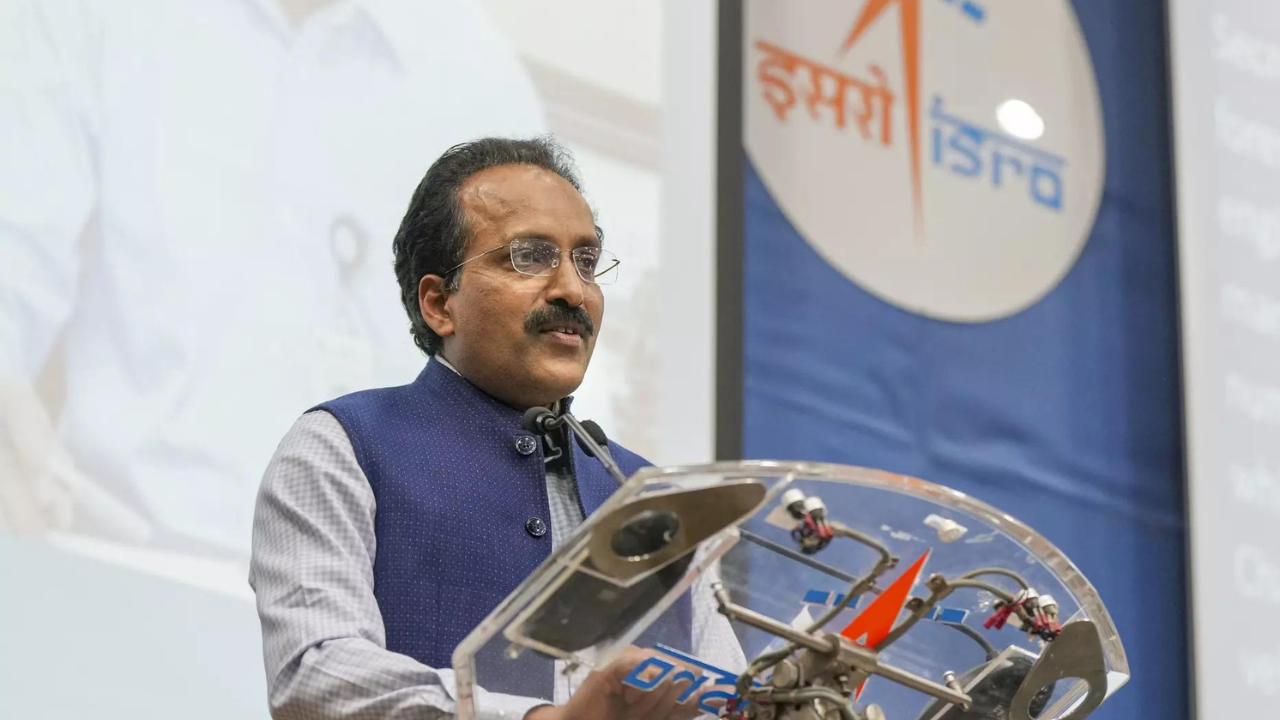Artificial Intelligence

What is AI:
AI refers to machines performing tasks that typically require human intelligence.
- Technologies: It includes machine learning, pattern recognition, big data analysis, neural networks, and self-learning algorithms.
- Origins: The concept can be traced back to Greek mythology, but it became prominent with the development of stored program electronic computers.
- Examples: AI powers features like Facebook's suggested friends list and personalized advertisements based on browsing history.
- Complexity: AI involves feeding data into machines to make them react to various situations, creating self-learning patterns similar to human thought processes.
Certainly, here's a simplified breakdown of the significance of Artificial Intelligence (AI) in defense:
-
Logistics and Supply Chain Management:
- AI can boost efficiency in military logistics and supply chain management, improving operational effectiveness.
- It can leverage civilian sector expertise in AI for seamless integration into military operations.
-
Data Management and Enhanced ISR Capabilities:
- AI enables processing of vast amounts of data for actionable intelligence, enhancing Intelligence, Surveillance, and Reconnaissance (ISR) capabilities.
- Projects like Project Maven in the US demonstrate AI's potential in sifting through data for counter-insurgency operations.
-
Weapon Systems:
- AI enhances existing weapon systems and may lead to the development of autonomous weapons.
- It's a controversial area, with discussions around the ethical use of AI in weaponry.
-
Cybersecurity:
- AI aids in cybersecurity for both ISR activities and defensive/offensive cyber operations.
- Trained AI systems can efficiently detect and respond to cyber threats, improving cybersecurity capabilities.
These applications of AI in defense highlight its potential to revolutionize military operations and security measures.
Certainly, here are the challenges associated with AI-based applications for military purposes:
-
Data and Privacy Concerns:
- Balancing the need for data access with privacy concerns poses a significant challenge.
- Protecting personal data in AI environments requires careful consideration to avoid privacy breaches.
-
Ethical Risks:
- AI advancements raise ethical considerations related to fairness, safety, reliability, privacy, inclusivity, transparency, and accountability.
- Governance frameworks must address these ethical risks to ensure responsible AI deployment.
-
Strategic Risks:
- AI has the potential to increase the likelihood of war, escalate conflicts, and proliferate to malicious actors.
- Managing these strategic risks requires careful planning and international cooperation.
-
Harm to Human Beings:
- AI systems can be programmed to cause harm intentionally, either by users or through attacks by adversaries.
- Unintended harm may also occur due to errors in AI systems, even after rigorous testing and validation.
-
Bias in Decision-Making:
- AI systems may perpetuate biases present in training data, leading to unfair or discriminatory outcomes.
- Personal biases of developers can further exacerbate this problem, highlighting the importance of addressing bias in AI algorithms.
Addressing these challenges is crucial to ensuring the responsible and ethical use of AI in military applications.
Certainly, here are the related initiatives taken in the realm of Artificial Intelligence (AI) for defence:
-
Establishment of Task Force:
- The N Chandrasekaran Task Force, formed in 2018, studied the implications of AI in national security.
- Recommendations from this task force led to the creation of the Defence AI Council (DAIC) and Defence AI Project Agency (DAIPA).
-
Defence AI Council (DAIC) and Defence AI Project Agency (DAIPA):
- DAIPA focuses on advancing AI in defence and developing an AI roadmap for Defence PSUs and Ordnance Factory Board.
- DAIC provides guidance and support for implementing AI applications in the military.
-
Defence India Startup Challenge:
- Under the Innovations for Defence Excellence (iDEX) programme, the Defence India Startup Challenge funds startups addressing AI, imaging systems, big data analytics, autonomous unmanned systems, and secure communication systems for defence.
-
AIDef Symposium and Exhibition:
- The Ministry of Defence launched 75 new AI products/technologies during the 'AI in Defence' (AIDef) symposium and exhibition.
- Organized as part of the Azadi Ka Amrit Mahotsav, the event aimed to promote self-reliance (Aatmanirbharta) in the defence sector.
These initiatives demonstrate India's commitment to leveraging AI for enhancing national security and defence capabilities.
Conclusion:
Establishing effective processes and practices for utilizing AI in the military is crucial for enhancing India's defence capabilities. This entails fostering collaborations with research labs, academia, startups, and the private sector while maintaining a balance between in-house development and external partnerships. The private sector's involvement is pivotal in ensuring accessibility and efficiency of AI solutions. Moreover, investing in robust hardware and enabling data banks domestically is essential to overcome infrastructure challenges. By prioritizing these aspects, India can strengthen its strategic autonomy and leverage AI to bolster its national security.













